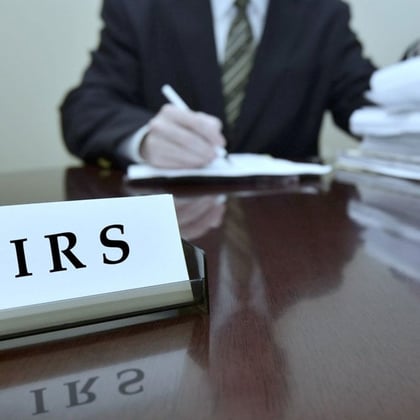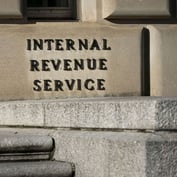What You Need to Know
- Taxpayers earning $400,000 or more have failed to file federal returns in more than 125,000 instances since 2017.
- This week, the IRS said that it will be sending compliance alert letters to these nonfilers.
- IRS is using funds provided by the Inflation Reduction Act to rejuvenate the IRS' nonfiler program.
The Internal Revenue Service said Thursday that it is targeting high-income taxpayers who have failed to file federal income tax returns in more than 125,000 instances since 2017.
Even with a conservative estimate, the IRS said that it believes hundreds of millions of dollars of unpaid taxes are involved in these cases.
The IRS is using funds provided by the Inflation Reduction Act to rejuvenate IRS’ nonfiler program, which the agency says has “only run sporadically since 2016 due to severe budget and staff limitations that didn’t allow these cases to be worked.”
This week, the IRS said that it will be sending “compliance alert” letters to more than 25,000 nonfilers with more than $1 million in income, and over 100,000 to people with incomes between $400,000 and $1 million between tax years 2017 and 2021.
These compliance alerts are for failure to file a tax return, formally known as the CP-59 Notice.
“About 20,000 to 40,000 letters will go out each week, beginning with the filers in the highest-income categories,” the IRS said.
The IRS noted that some of these nonfilers have multiple years included in the case count so the number of taxpayers receiving letters will be smaller than the actual number of notices going out.
“These are all cases where IRS has received third-party information — such as through Forms W-2 and 1099s — indicating these people received income in these ranges but failed to file a tax return,” the agency stated.
IRS Commissioner Danny Werfel said Thursday in a statemnet that “at this time of year when millions of hard-working people are doing the right thing paying their taxes, we cannot tolerate those with higher incomes failing to do a basic civic duty of filing a tax return.”









 February 29, 2024 at 02:47 PM
February 29, 2024 at 02:47 PM











